Best Baby Food Pouches (2025 Guide)
This post may contain affiliate links. As an Amazon Associate, I earn from qualifying purchases. Please read my disclosure.This is your guide to the healthiest and best baby food pouches on the market today! Learn what to look for, what to avoid, which are the most trustworthy brands, and more!
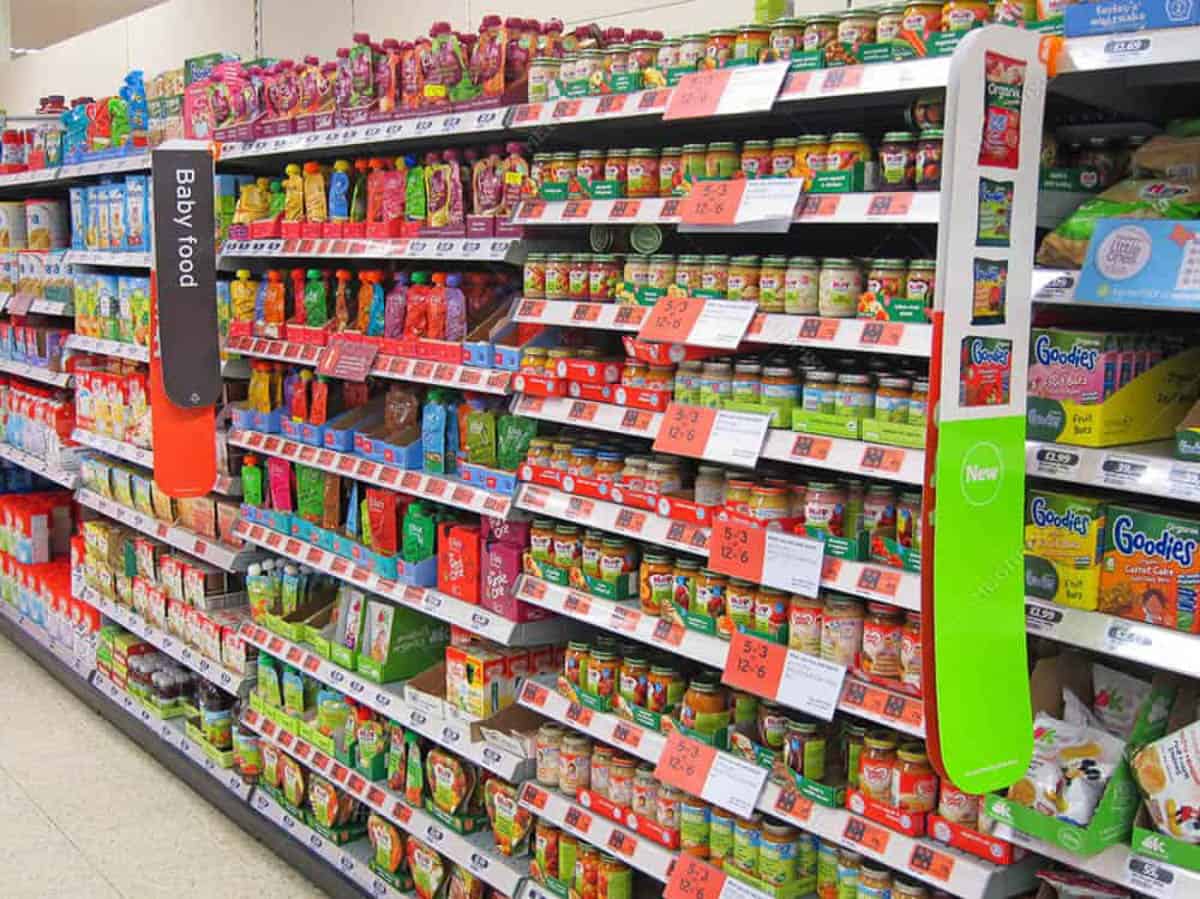
When your little one transitions to solids, a common question is: should I buy pre-made baby food pouches or make my own baby food at home? While it doesn’t necessarily have to be an either-or, many of you know that I’m a huge fan of homemade baby food because it is relatively simple to make and is an easy way to know all of the ingredients your little one is getting. I shared all of the recipes I used for Layla and Ayan in my baby food cookbook and put many on my blog in my baby food recipes section!
But there are times when you’re traveling, pressed for time, or you just don’t have any homemade baby food on hand. Which is when baby food pouches can be a quick and convenient snack or meal for your little one!
The decision on which baby food to buy, however, can be an overwhelming one. There are many baby food pouches out there and not all of them are healthy. Many are filled with processed ingredients and added sugars and some have recently been reported to contain unhealthy levels of heavy metals (source).
High levels of heavy metals can be toxic to small growing bodies (source) and excessive sugar in the diet at a young age is known to shape taste preferences and food choices later in life (source). While the main concern for babies is added and processed sugar, not the naturally occurring fructose sugar found in fruits, honey, and sugar cane (source), acclimating your child’s taste buds to vegetables as well as fruit when they are young can set them up for preferring healthier and more well-rounded diets when they get older.
Which is why I recommend avoiding pouches with added processed sugar when you can. This is usually pretty easy to do since most pouches on the market today are made with just fruit, vegetables, and grains. But still, which are the healthiest baby food pouches? Which are made with too much fruit or contain unhealthy levels of heavy metals?
Read on for your complete guide to the best baby food pouches available today, what to look for when shopping for baby food, which baby food pouches to avoid, and answers to common questions.
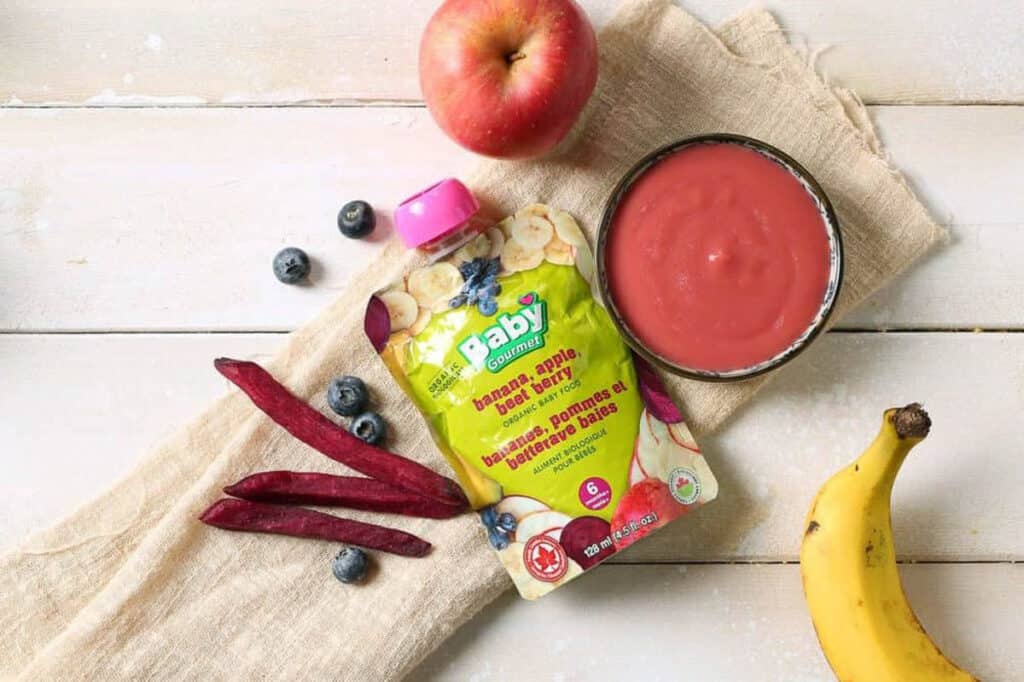
But First, A Disclaimer
As a board-certified health coach and certified nutritionist, I support baby food brands that are made with whole foods, do not have added processed sugars, and are reported to be low in heavy metals, as all of these principles are rooted in science and are evidence-based to be most nutritious for children (source). This post has also been medically reviewed and fact checked by Linzy Ziegelbaum, MS, RD, CDN (see my about page for more info about Linzy).
The FDA does not review baby food brands for safety before they go to market, so I prioritize brands that are Clean Label Project Purity Award winners or are confirmed by Consumer Reports to be safe for baby consumption.
Though I may receive a commission (at no extra expense to you) if you purchase through some of the affiliate links provided, I only recommend products I’ve researched, evaluated, consulted experts on, and would feel comfortable giving to my own two children. As always, I only share products that are the highest quality and that can help you and your family the most. By purchasing any of these products from the links below, you help keep this blog running, so thanks for your support!
Always speak with a registered dietitian or physician about your child’s diet and nutrition before making a change to what they eat. The information shared in this post is not a substitute for professional medical advice, diagnosis, or treatment. Never disregard or delay in seeking professional medical advice because of something you read here and always consult with your doctor or dietitian regarding any questions you may have about baby food.
All product prices are accurate at the time of this publication but are subject to change.
Table Of Contents
- The Best Baby Food Pouches (Organized By Brand)
- Healthy Non-Pouch Baby Food Options
- What Can Make Baby Food Pouches Unhealthy?
- Why Are Heavy Metals An Issue With Baby Foods?
- What To Look For In Healthy Baby Food Brands
- Middle Of The Road Baby Food Pouch Brands
- Baby Food Brands To Watch Out For
- When Is My Child Ready For Baby Food?
- How To Feed Solid Food Along With Formula Or Breast Milk
- FAQs
- Final Thoughts
- Looking To Make Your Own Baby Food? Try My Top-Rated Baby Food Recipes!
- More Baby Nutrition & Product Reviews
The Best Baby Food Pouches (Organized By Brand)
There are many baby food brands out there, so how are you to know which ones are the best for your little one? I set out to research every brand out there – looking into their ingredients, grams of sugar per serving, Clean Label Project status, Consumer Reports reviews, and more – to determine the best baby pouches currently available for sale.
Read on to learn why I recommend each brand, which particular pouch varieties I love, and where to find them. If a pouch is not listed on this list, it’s either too high in heavy metals or too high in sugar and should be avoided. See my lists below for specific brands to watch out for.
I used many of the pouches on this list for my own kids, prioritizing the favorite pouch varieties shared below, as many of them are the lowest in sugar or have vegetables as the first two ingredients. They were great way to give my kids a healthy snack or meal on the go and to introduce them to vegetables and nutritious foods from a young age.
Holle Organic Baby Food
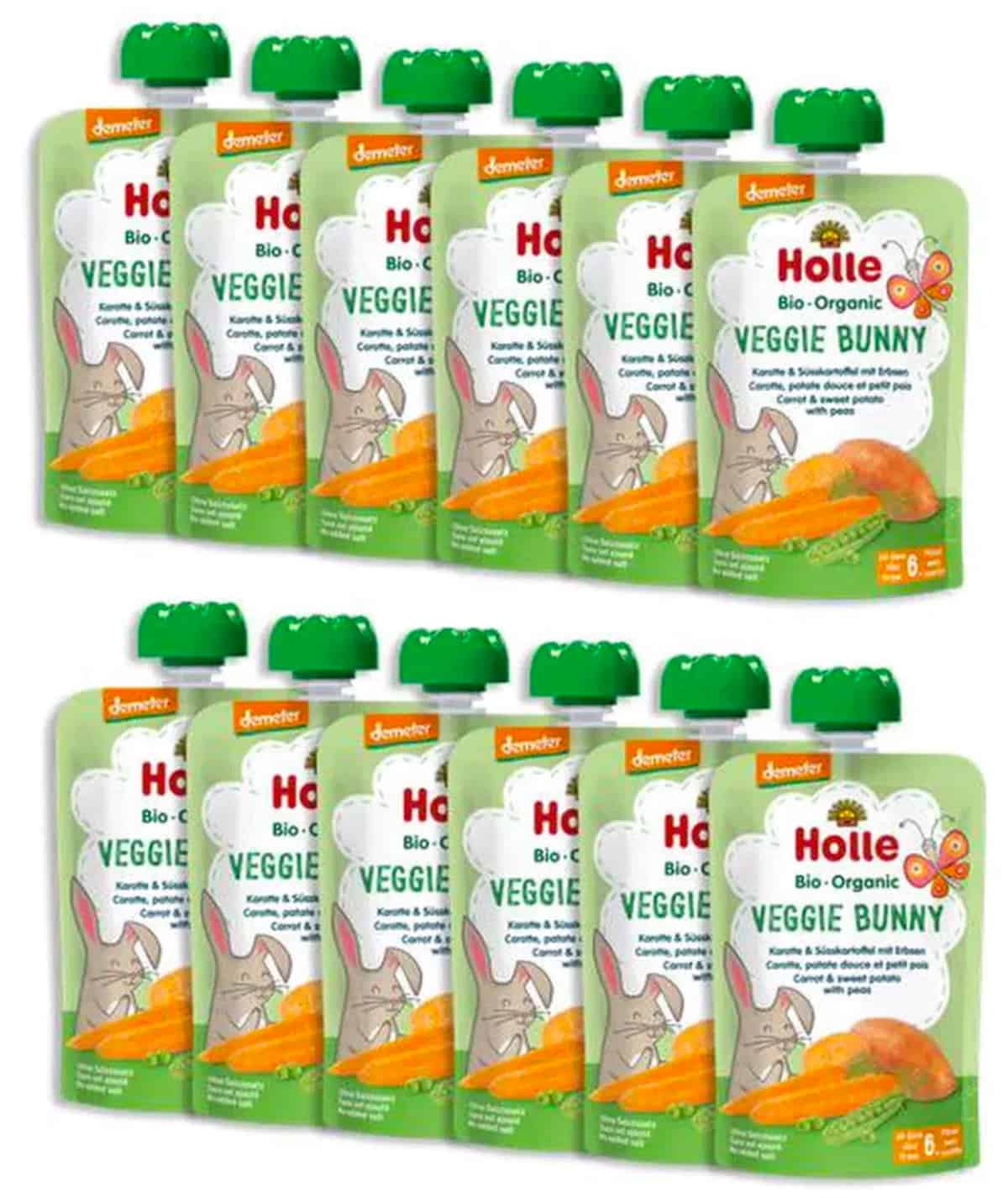
Why I Love It: Holle is one of my favorite brands when it comes to baby products! They make exceptionally high-quality products and the cleanest baby food and organic formula today.
Just like their formula, this organic and natural baby food is made in Europe. It is one of the only organic baby food brands that is certified both organic and biodynamic, which means that their farming practices go above and beyond just regular organic standards (source).
All of their different flavors of food are unsweetened, made with only fruits and vegetables, and still have great flavor – making it my pick for one of the best baby food brands.
Favorite Pouch Varieties:
- Veggie Bunny: Carrots, Sweet Potatoes, and Peas
- Power Parrot: Pear, Apple, Spinach
- Zebra Beat: Apple, Banana, Beetroot
Price: $35.88 for 12 pouches (or $2.99/pouch)
Where To Buy It: Organic’s Best, Amazon, Whole Foods
Cerebelly Organic Custom Pouches
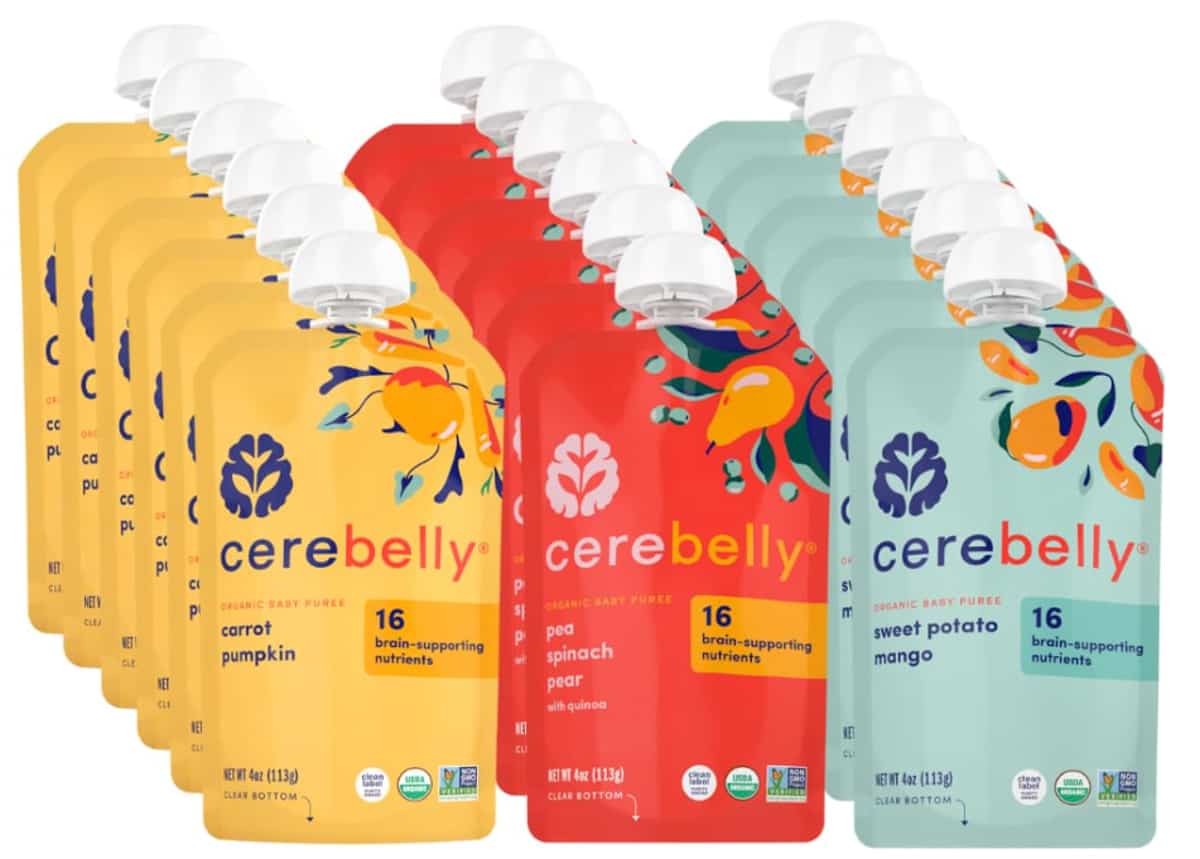
Why I Love It: Cerebelly is another great healthy baby food brand. Created by a neurosurgeon, Ph.D., and mother of three, all of Cerebelly’s baby food purees are created to support brain health and your baby’s development.
In addition to being made with USDA organic ingredients and being packaged in BPA-free material, every variety of this baby food brand also contains an organic nutrient blend derived from pumpkin seeds, seaweed, and spinach. Cerebelly’s pouches also have DHA to support brain health, cognition, and behavior (source).
This brand is Clean Label certified, meaning that these pouches have reached Clean Label’s incredibly high standards when tested for 400 different contaminants, including heavy medicals, pesticides, chemicals, and plastic. Cerebelly was the first shelf-stable baby puree to receive this award, making them the best baby food pouches without heavy metals.
Another thing that I love about Cerebelly is that they are great for young children of many ages. Not only can babies eat them but they are safe for older kids too, making them one of the best toddler pouches!
In fact, the company will recommend the best food pouches for your baby’s age and unique needs. Just fill out a quick survey including info about your child’s age and what they’re up to. Cerebelly will then recommend a personalized pack of organic purees with the right blend of nutrients, and it gets shipped right to your door! Don’t have time for the quiz? No problem, they can also recommend bundles of pouches by age!
Favorite Pouch Varieties:
- White Bean Pumpkin Apple
- Carrot Pumpkin
- Spinach Apple Sweet Potato
- Butternut Squash White Bean
- Sweet Potato and Pinto Bean
Price: $35.96 for 12 pouches (or almost $3/pouch) or subscribe and save for up to 15% off.
Where To Buy It: Cerebelly’s Website, Amazon, Whole Foods, Target, Walmart
Serenity Kids
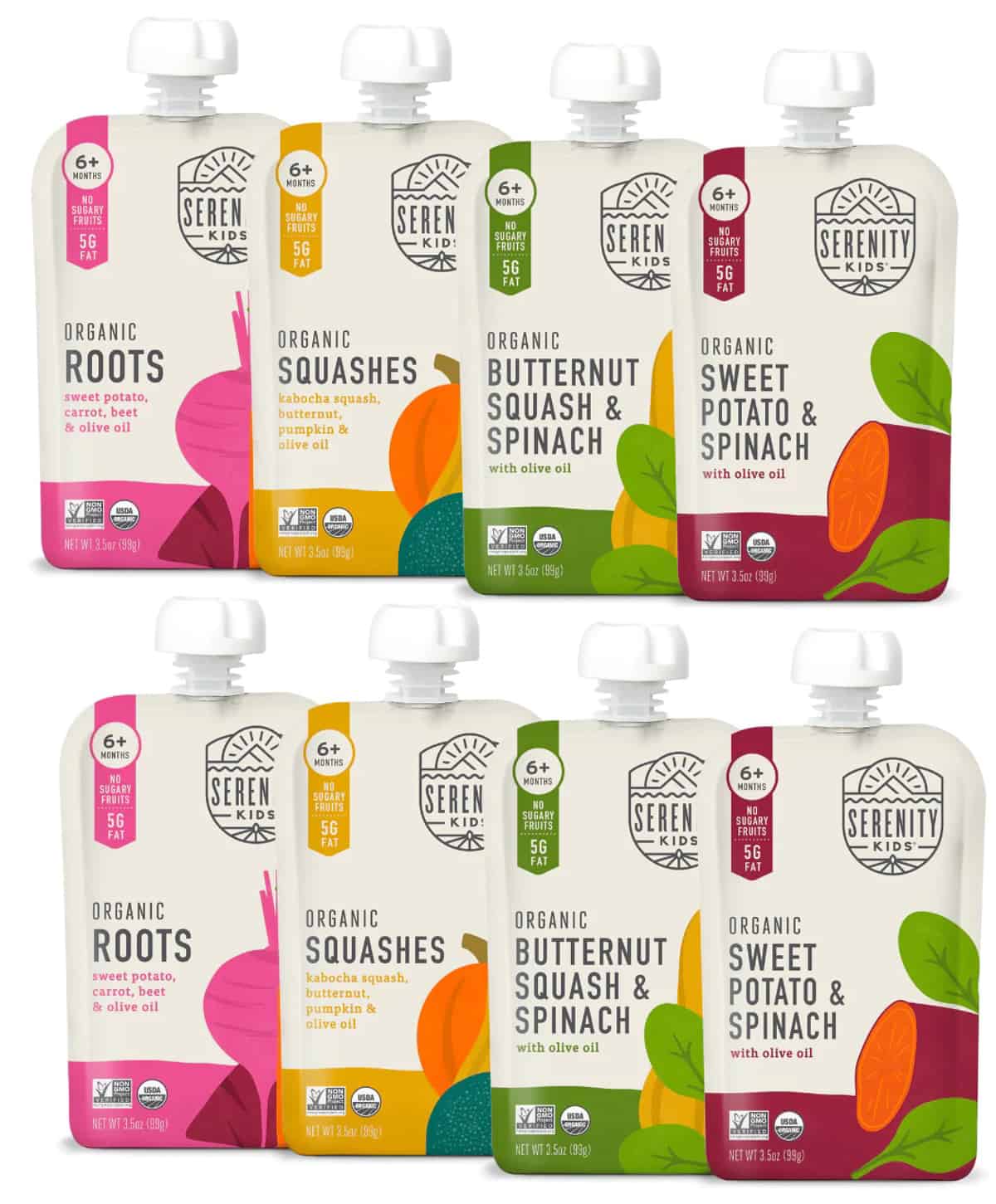
Why I Love It: I love Serenity Kids because ALL of their pouches are under 5 grams of sugar! They are nutrient-dense, 100% organic and non-GMO, made with super clean ingredients, and have no added preservatives or sugars, making them one of the best purees for babies.
This brand was started by a husband and wife team trying to find a better option for baby food for their daughter because they had so many negative repercussions from their own childhood diets.
All of the Serenity kids pouches are third-party tested by the Clean Label Project and the company also holds their products to European standards, which are known to be some of the strictest (source).
No Serenity Kids products contain added sugar or sugary fruits and many of them also contain good fats and essential fatty acids. The purees come in recyclable BPA-free pouches, making them a healthy and sustainable option, too.
Favorite Pouch Varieties:
- Organic Squashes: Kabocha Squash, Butternut Squash, & Pumpkin
- Organic Butternut Squash & Spinach
- Organic Carrot, Spinach, & Basil
- Meat Baby Food Pouches: Chicken, Beef, Pork or Wild Salmon
- Organic Carrots: Orange, Purple & Yellow
- Organic Sweet Potato & Parsnip
- Organic Roots: Sweet Potatoes, Carrots, & Beets
- Organic Sweet Potato & Spinach
- Organic Fruit & Vegetable Variety Pack
Price: $33.95 for 8 pouches ($4.24/pouch) or subscribe and save for up to 20% off.
Where To Buy It: Company Website, Amazon, Target, and Whole Foods.
Once Upon A Farm
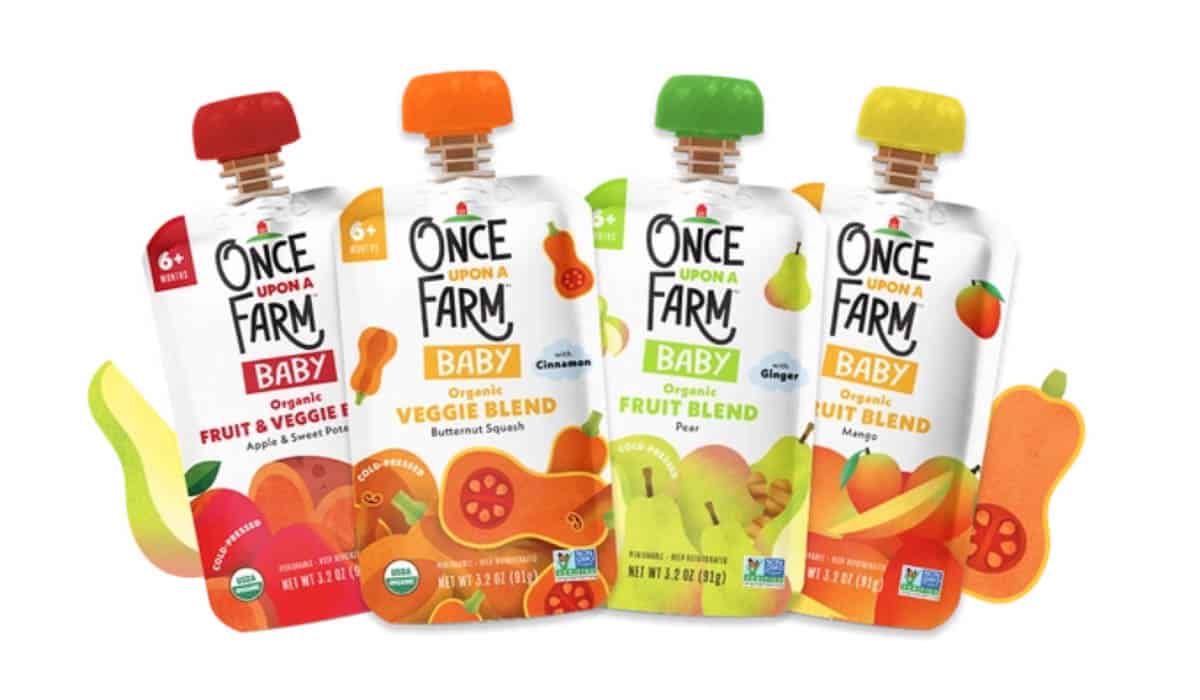
Why I Love Them: Though Once Upon a Farm was started by Cassandra Curtis and Ari Raz in 2015, they recently partnered up with former Annie’s CEO John Foraker and actress Jennifer Garner to grow and expand the company into one of the best organic baby foods on the market. This brand is now offered in 13,000+ U.S. retailers. In addition to baby food pouches, they make healthy A2 milkshakes, oat bars, and pasta meals, for infants, older babies, and young kids.
In addition to being Clean Label Certified, these pouches (and all of the Once Upon a Farm products) are USDA-certified organic and non-GMO project verified, making them one of the safest baby foods for your child. Every product is free of preservatives, added colors or sweeteners, and refined sugar.
The biggest factor that sets Once Upon a Farm apart from the rest is that they never use extreme heat when preparing the food. Instead, they cold-pressure treat them to destroy any potentially harmful human pathogens while preserving the ingredients’ nutrients (source). Because of this, all of their foods are found in the refrigerator aisle of your grocery store. The company also works with its supply chain partners to keep the product cold throughout its entire transportation journey.
A bonus reason to love Once Upon a Farm is that they are the first fresh baby food brand made available for WIC. They have also partnered with the Save the Children Foundation and have pledged to provide 1 million meals to children living in food-insecure areas of the United States by 2024.
Favorite Pouch Varieties:
- Butternut Squash with Cinnamon
- Advanced Nutrition Power Bowl
- Advanced Nutrition: Cauliflower Fields
- Advanced Nutrition Ancient Grains and Greens
- Advanced Nutrition: Oats & Roots
Price: $2.99-$3.59 per pouch
Where To Buy It: Company Website, Walmart, Whole Foods, Target, and most major supermarkets.
White Leaf Provisions
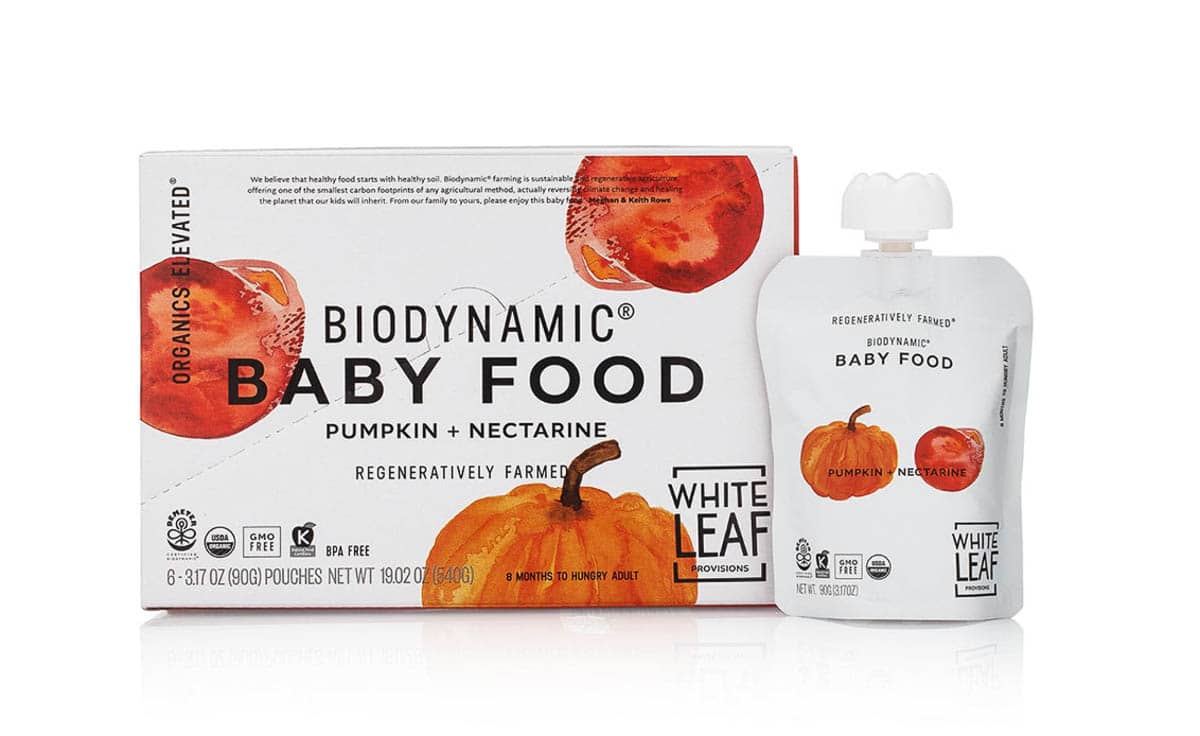
Why I Love It: If you are looking for a transparent baby food company or are interested in regenerative farming, White Leaf Provisions is for you!
Regenerative farming, or farming that focuses not just on being sustainable, but on helping to restore the health and fertility of soil, is at the core of this company. White Leaf Provisions is a family business run by a husband and wife team who were disappointed by the lack of transparency and clean baby food brands on the market when their son was born. In response, they created the first 100% regeneratively farmed, biodynamic, organic, and GMO-free baby food line to retail in the US!
This brand certainly makes some of the best puree baby food. I love their pouches because the ingredients are so pure, they are working to reverse the issue of heavy metals using regenerative farming, and the majority of them have less than 8 grams of sugar per pouch! And, they are offering all of my readers 10% off your purchase by using the code “PICKYEATS” at checkout!
Favorite Pouch Varieties:
- Organic Pumpkin and Nectarine
- Organic Peach and Oat
- Organic Peas, Apples, and Cauliflower
- Organic Tomatoes, Fennel, and Spelt
Price: $20.75 for 6 pouches (or $3.46 per pouch) or subscribe and save for 10% off.
Where To Buy It: Company Website, Amazon, and Whole Foods
More Baby Food Options For International Readers
- Canada: Baby Gourmet has a couple of good options (e.g. their roasted squash and fruit medley has only 6 grams of sugar!), and their savory meals are low in sugar as well. They are available for sale through the company website and are available at many major Canadian grocery stores.
- Britain & European Union: Ella’s Kitchen Organic used to be available in the United States but now is only available in Britain and the European Union. They offer many high-quality, organic, and sustainable baby food pouches that can be shipped from their company website.
Healthy Non-Pouch Baby Food Options
Recently many new healthy baby food brands have come onto the market that are not in pouches – some are not even purees – that are great options for little ones.
Below are my favorite options for baby pouch alternatives. All of the brands are made with organic foods when possible, have no added processed sugar, are Clean Label Project certified to be non-toxic baby food, and make nutritious meals for babies and toddlers.
Bonus: Feel free to make these options more versatile and portable by scooping them into the best reusable baby food pouches! These silicone pouches are easy to clean with a bottle brush, perfect for babies to self-feed from, do not have a choking hazard cap, do not wear out, and are better for the environment than single-use pouches.
Amara Organic
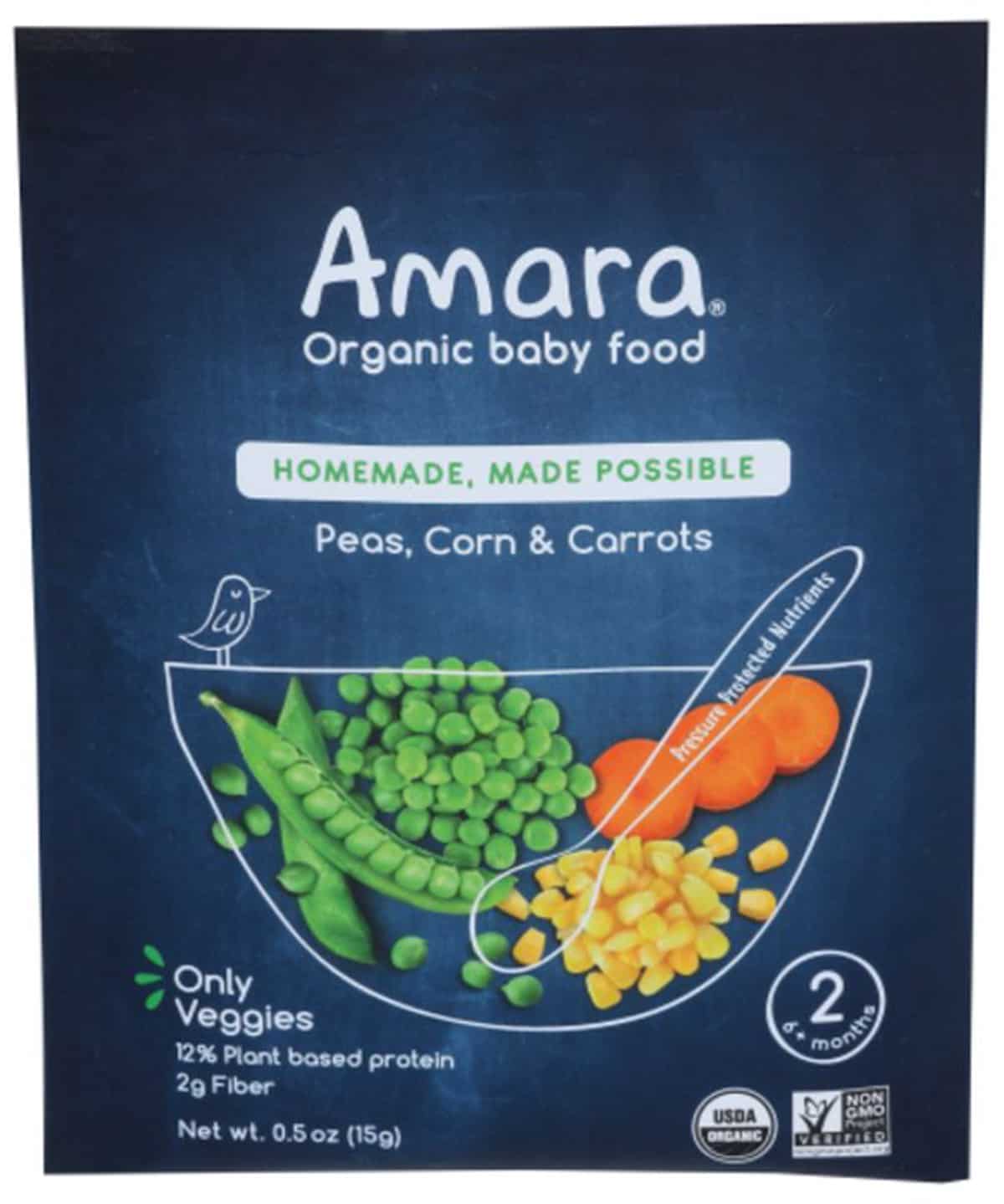
Why I Love It: Though you need to mix these organic powdered baby foods with warm water, breast milk, or milk in a bowl, they are high quality, reconstitute quickly, and have many low-sugar options. Because you can control the amount of liquid added to the food, this baby food is known for its superior texture. It also is made without high heat processing, resulting in food that retains more of its naturally occurring nutrients.
This food is perfect for long-distance travel, as they are lighter and easier to pack, and for babies who are comfortable eating with a spoon. Amara blends can be scooped into reusable food pouches before feeding, too!
Favorite Pouch Varieties:
- Organic Black Bean and Sweet Corn
- Organic Peas, Corn, Carrots
- Organic Potato Kale Mash
- Organic Pumpkin and Pear
- Organic Sweet Potato Raspberry
- Organic Oats and Berries
Price: $59.99 for 20 pouches (almost $3 per pouch) or subscribe and save for up to 15% off.
Where To Buy It: Company Website and Amazon
Little Spoon
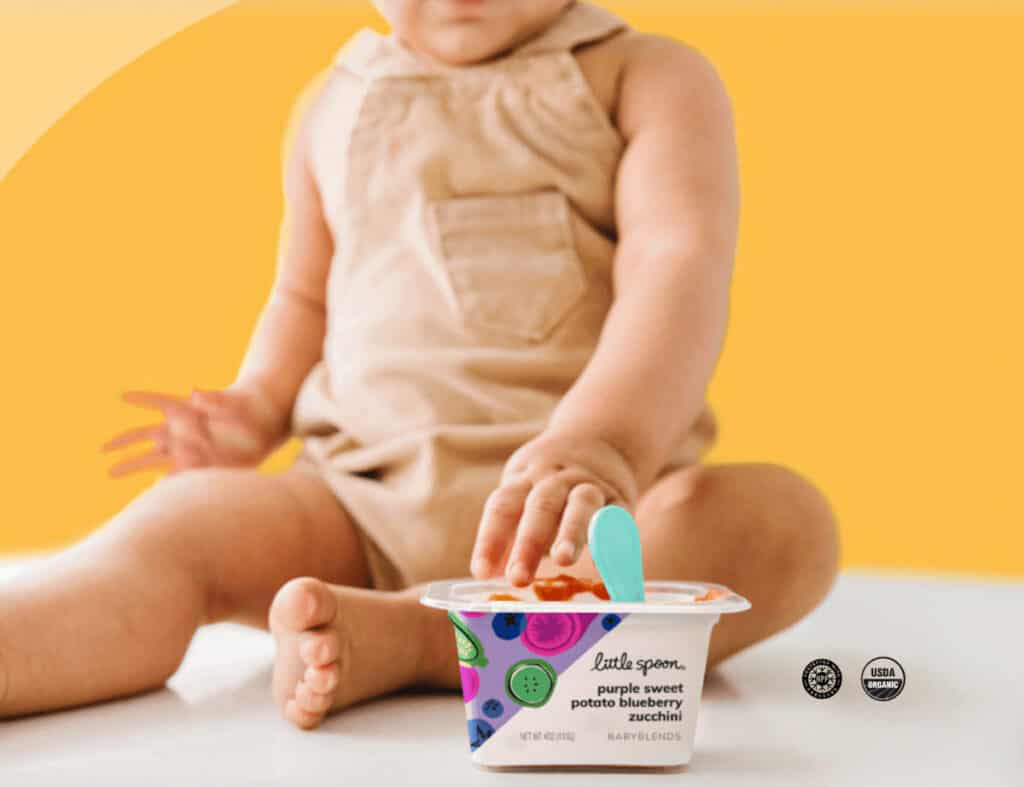
Why I Love It: If you are looking for guidance on how to start solid foods for your baby, Little Spoon offers many great baby foods and products to lead the way. This Clean Label certified company offers six stages of organic and non-GMO baby food for ages 6 to 9 months and beyond.
With a fantastic offering of diverse blends, such as kale carrot pear, butternut squash golden beet cinnamon, and strawberry basil gazpacho, Little Spoon will introduce a variety of new flavors to your baby’s young palate. With every progressive stage of baby food, they present increasingly different textures as well. Talk about one of the best baby puree brands.
Little Spoon is only available through their subscription service, but it is very easy to pause, cancel, or adjust your order at any time, and you can use the code BRANDCYCLE30 for 30% off your first month’s box! And though these baby food purees come in cups, they are exceptionally easy to spoon or funnel into one of your favorite reusable baby food pouches!
Favorite Flavor Varieties:
- Golden Beet and Broccoli
- Turmeric Sweet Potato Bell Pepper Soup
- Purple Sweet Potato Blueberry Zucchini
- Avocado Greens Bowls
- Kale And Squash Harvest Bowl
- Parsnip
- Tuscan Quinoa White Bean Soup
Price: Starting at $2.96 per cup.
Where To Buy It: Little Spoon Company Website
Square Baby
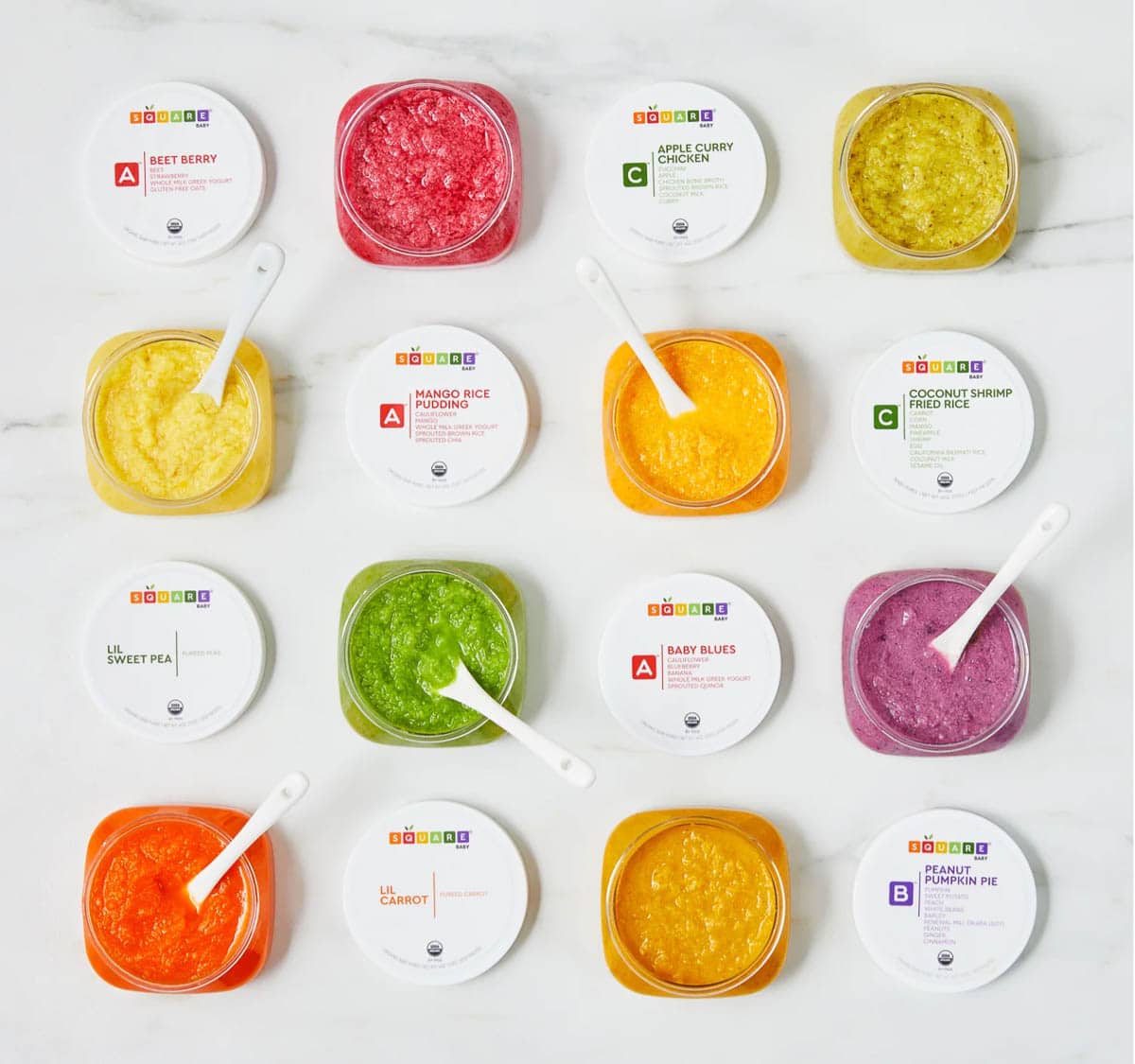
Why I Love It: Created by a dietitian and a certified genetic counselor who were fed up with all of the fruit-forward baby food blends, Square Baby offers nutritious whole-food meals that are complete nutrition for your baby. Since each meal delivers your child’s complete needs for fruit, veggies, protein, and fats, there’s no need to supplement with any other foods.
Additionally, because Square is so balanced, their purees have half of the sugar and twice the amount of protein (up to 2 grams of protein per 4 oz. cup), and healthy fats as the average pouch.
See all of the ingredients in each square cup of food on the easy-to-read lid. You will always see vegetables as the number one ingredient because the company commits to having more veggies than any other food group in each meal.
Square Baby was awarded the Clean Label Project Purity Award, meaning that they have been tested for heavy metals, pesticides, residues, and more, making it one of the all-around best baby foods without heavy metals.
Bonus: Square Baby also offers a one-of-a-kind allergy introduction menu, as recent studies indicate that introducing common allergens as young as 4-6 months may help prevent food allergies (source). This company is also a women-owned business!
Favorite Flavor Varieties:
Price: Starts at $4.98 per meal.
Where To Buy It: Square Baby Company Website
Lil’ Gourmets
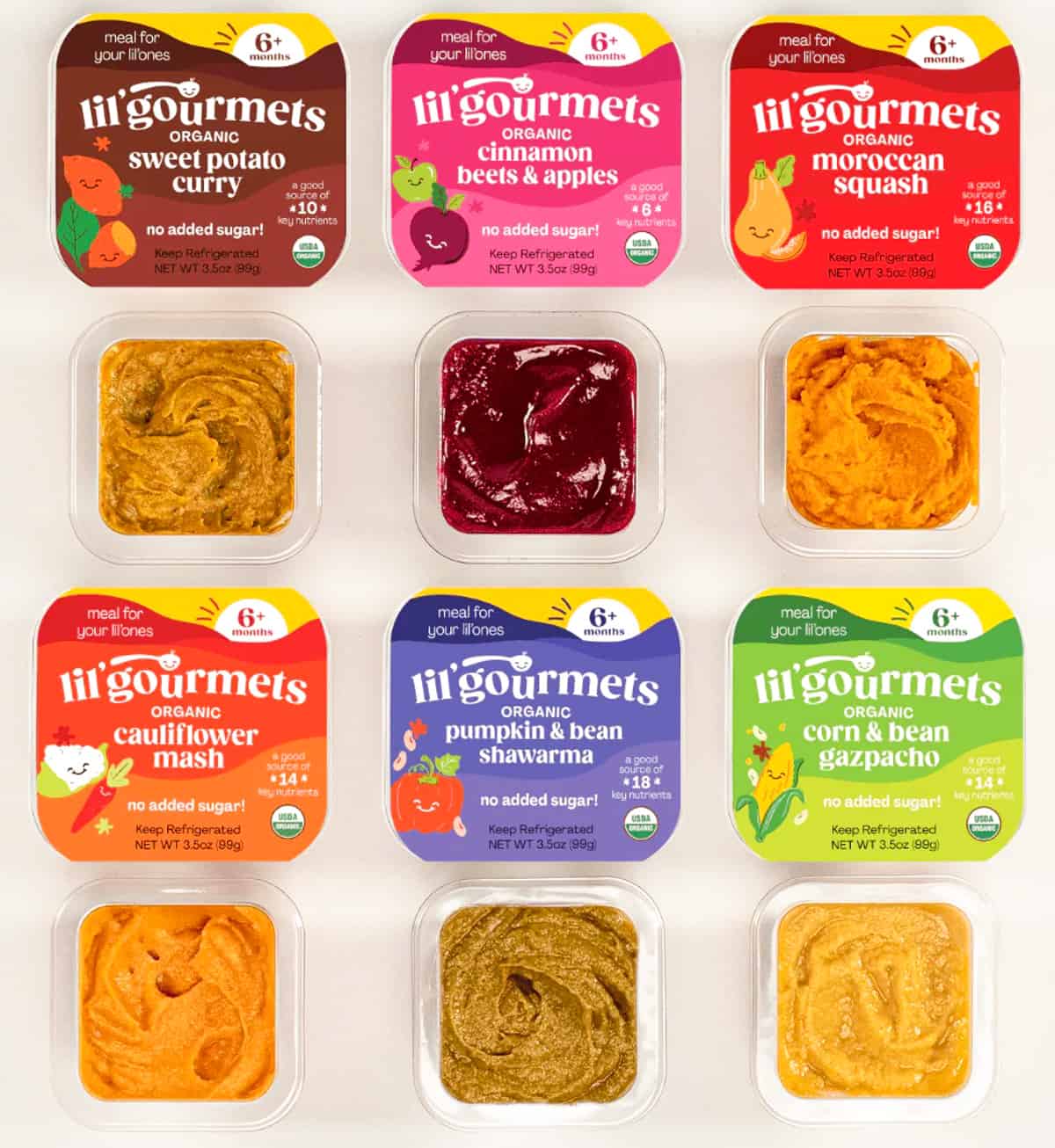
Why I Love It: Introduce your baby and toddler to global flavors and vegetables while feeling good about their food having no added sugars with Lil’ Gourmets!
These food cups are made with vegetables first, with each cup meeting 100% of a baby’s veggie requirements and 50% of a toddler’s. These fresh baby food blends are always organic and, as the name suggests, gourmet. Set up your subscription service on the company website or find them at many local retailers.
Lil’ Gourmets is Clean Label Project Certified, verifying that these are safe for heavy metals, pesticides, and more.
Favorite Flavor Varieties:
- Cauliflower Mash
- Cinnamon Beets and Apples
- Pumpkin and Bean Shawarma
- Moroccan Squash
- Sweet Potato Curry
- Corn and Bean Gazpacho
Price: $33.50 for 8 cups ($4.19 per cup) or subscribe and save for up to 10% off.
Where To Buy It: Company Website, Amazon, Whole Foods, and Sprouts.
What Can Make Baby Food Pouches Unhealthy?
The food industry knows that babies shouldn’t be having added sugars when they first start solids, right? Governmental agencies such as the FDA have high standards and set regulations how much sugar can be in baby food, right?
Wrong.
As you have probably heard when it comes to buying pre-packaged food, what’s on the front is often misleading (source). This is also true when it comes to baby food pouches. The front may say spinach and kale, but when you turn it over you’ll find less expensive and sweeter fillers such as fruit purees, or even fruit juices like apple juice concentrate.
Sometimes in a “spinach” pouch, the first 3 ingredients are fruits! That’s because, while there may be spinach, the manufacturer relies on the fruits for flavor and sweetness. Companies are not required to list the percentage of ingredients on the label, just the list of ingredients in decreasing quantities, making labeling confusing and misleading.
When this happens, it means that your baby is only getting a sweet taste when eating that pouch and often isn’t getting early exposure to the actual taste of vegetables. In the early months of developing taste buds, getting exposure to all kinds of flavors and tastes is essential to having a baby who doesn’t become a picky eater who rejects veggies later on (source)!
In addition to sugar content, heavy metal contamination of baby food has been a growing issue of concern in recent years. A 2018 Consumer Reports inquiry into the matter found that 95% of popular brands of baby food that were tested contained toxic levels of heavy metals such as arsenic, cadmium, lead, and mercury.
Related: Homemade Baby Teething Biscuits
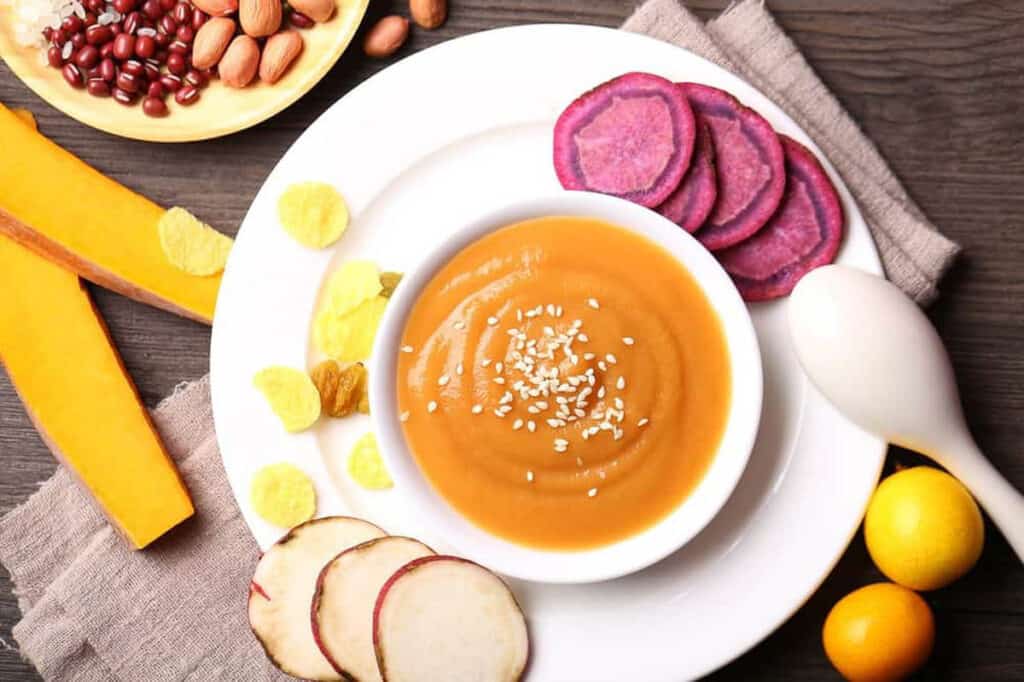
Why Are Heavy Metals An Issue With Baby Foods?
Heavy metals in baby foods are very alarming for a few reasons: first of all, they are detrimental to anyone to ingest, but are particularly harmful to young children, as they have smaller bodies and absorb more of the metals than adults do (source).
Upon entering the bloodstream, the metals can affect children’s cognition, brain development, and more (source). Secondly, until just recently (around 2021-2022), baby food manufacturers were not regulated by the FDA, and were encouraged to set their own standards. It wasn’t until independent agencies evaluated the baby food brands that the public (and the medical community) even realized that heavy metal contamination in baby food was an issue!
When it comes to heavy metals, the American Academy of Pediatrics (AAP) encourages parents to consider this a point of concern, not worry, encouraging parents to focus on feeding their babies and children a wide variety of foods to prevent them from ingesting elevated concentrations of the metals from one food source (source).
After all, heavy metals makes its way into food through the soil, and is more commonly found in some foods than others. The foods most commonly containing heavy metals are rice, rice infant cereal, sweet potatoes, carrots, o-shaped cereal, teething crackers, fruit juices, raisins, and granola bars with raisins (source).
Furthermore, the AAP shares that it is the total exposure to heavy metals, not just what is in baby food and your child’s diet, that factors into heavy metal toxicity (source). Regardless of the AAP recommendations, many parents want to do what they can to limit their children’s exposure to heavy metals.
Though the FDA has launched the Closer to Zero Initiative, and Congress has been pushing the Baby Food Safety Act (source), the FDA has been slow to enact regulations that protect our children, and their standards for heavy metals may be too high (source), increasing the need for third-party testing, such as Clean Label Project Purity.
Clean Label Project Purity tests baby food, baby formula, and other products for over 400 contaminants: including heavy metals, pathogens, pesticides, and more. Any product or baby food that has been awarded this label is therefore a nontoxic baby food and has received priority for my list above. It’s also a good label to look out for when evaluating other new baby food puree brands that are not listed on this post.
What To Look For In Healthy Baby Food Brands
In addition to looking for the Clean Label Project Purity icon when shopping, here are a few guides that can help you choose the healthiest baby food:
- Look at the sugar content. Stick to pouches with less than 8 grams of sugar, but ideally, you’ll want to find pouches between 4-6g of sugar. For example, if you look at the front of a pouch of organic apples, green beans, and raisin puree, you may think, “green beans are in here, this is great!” But the pouch actually has 13g of sugar (the same amount of sugar in fun-sized Milky Way bars!) from the apples and raisins, while the green beans are a very small addition.
- Check the ingredients list at the bottom of the nutrition label. More specifically, look to see if the ingredient listed on the front of the package is the first ingredient listed on the back. If you’re buying “spinach and apples,” it’s likely that apples are the dominant flavor, but it’s preferred if spinach is the first ingredient and apples are the second. Some companies are more transparent than others on the percentage or amount of each ingredient in the pouch, so you can keep an eye out for that too.
- When possible, stick to pouches that ONLY have vegetables. These are harder to find, but they do exist. Brands such as Cerebelly, Serenity Kids, Little Spoon, Lil’ Gourmets, and White Leaf Provisions offer some of the best options when it comes to all vegetable purees. If you do buy a pouch with both veggies & fruits, make sure there are less than 8 grams of sugar, that vegetables are first, and fruits are last on the ingredients list to ensure that your kid is getting more of the good stuff. Of course, always be sure to check for artificial sweeteners, artificial colors, and flavors, too.
- Always opt for fiber. Fiber matters. It helps fill your child up, aids in digestion (source), and helps you to know that the post is made with more whole foods and less water or fillers. A good sign that a pouch is either mostly water or fillers is when the fiber content is 1g or less. If possible, always aim for pouches with 2g fiber or more.
- Limit ingredients likely to be contaminated with heavy metals. As shared above, pouches that have carrots, sweet potatoes, and rice are particularly at risk. Though the AAP says that your child can enjoy these foods in moderation and as part of a part of a broader varied diet, I always recommend purchasing Clean Label Project certified pouches when buying a pouch with one of these ingredients. Otherwise, look for pouches with other low-heavy-metal risk ingredients such as organic kale, spinach, peas, butternut squash, beans, avocado, olive oil, yogurt, and other ingredients that aren’t grown in the ground.
- Organic. If possible, opt for organic pouches to limit pesticide exposure. If budget is a concern, many of the websites for the companies listed above offer up to 15% discounts when you order in bulk or subscribe and save. Other brands, such as Once Upon a Farm, are also now WIC-approved.
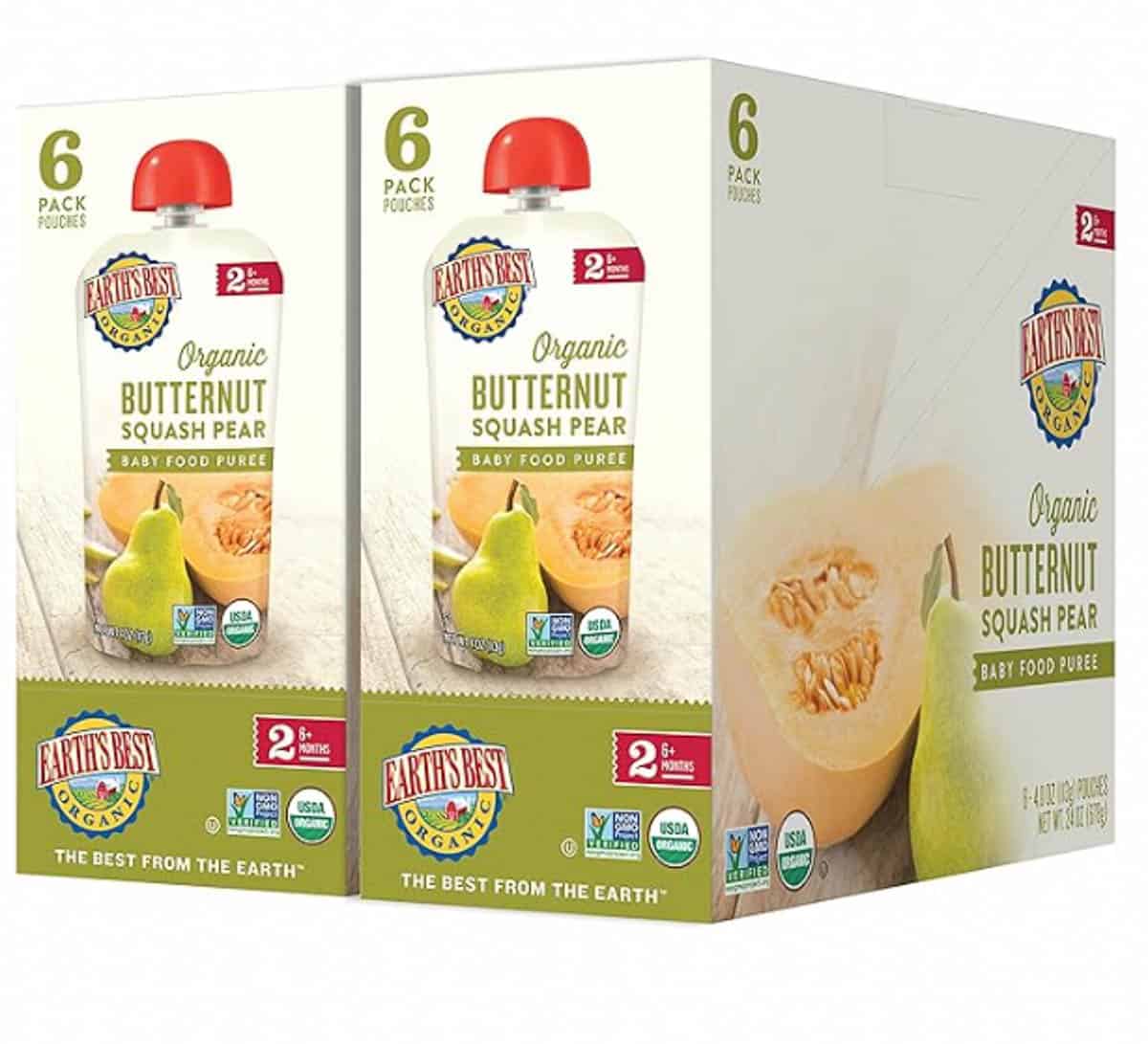
Middle Of The Road Baby Food Pouch Brands
What follows is my list of middle-of-the-road baby food pouch brands or ones that I would recommend treating with caution when purchasing. Read on for the reasons why I rated them as such: some were too high in fruit and sugars, and others are made by a brand that has been under scrutiny for issues related to heavy metals in other baby products.
Pumpkin Tree Peter Rabbit Organics: You may have seen this brand of baby food pouches at grocery stores, cafe shops, and more. If you are wondering if Peter Rabbit Organics contain heavy metals, they have not been shown to do so, but they are made with more fruits than vegetables, making their sugar content high. They are a great option if nothing else is available, but one that I would be hesitant to recommend as your go-to.
Kirkland Signature Organics: Costco’s white label name is known for quality and their baby food pouches are no exception. The Kirkland fruit and vegetable pouches haven’t been found to contain heavy metals and are organic. They are in my middle-of-the-road category because they are made with mostly fruits and have relatively high sugar content, coming in at around 10 grams of serving per pouch.
Little Journey Baby Food: Or, Aldi’s brand of baby food. If you are wondering “is little journey baby food safe?” The answer is a nuanced one. Though Little Journey baby food pouches haven’t been found to contain high levels of heavy metals, their rice products have, so you may want to think twice about their pouches, or be intentional with what products you choose to purchase from this brand.
Earth’s Best: Unfortunately, Earth’s Best Organic Sweet Potatoes was reported to contain concerning levels of lead by Consumer Reports (source), making it a brand that I would definitely not recommend purchasing pouches made with sweet potatoes, carrots, or rice from. Because of this issue, many parents (including myself) may feel more comfortable completely avoiding this brand altogether, but it is a matter of research and personal preference.
Sprout Organics: Though not all of their pouches are problematic, some of their products were listed by Consumer Reports as ones to reduce consumption of or avoid altogether (source), so choose carefully if you decide to purchase from them and avoid buying pouches made with sweet potatoes, carrots, or rice.
Happy Baby Organics (Also Known as Happy Family): Though Happy Baby shared with Consumer Reports that they test every lot of finished baby products and are committed to looking for farms with lower levels of heavy metals in their soil, they still are a company of concern. For example, some of their baby food purees were recently tested to show lower levels of contaminants than in 2018, but other products (namely their puffs) still had just as concerning heavy metal profiles. For more information, see this Consumer Reports follow-up report.
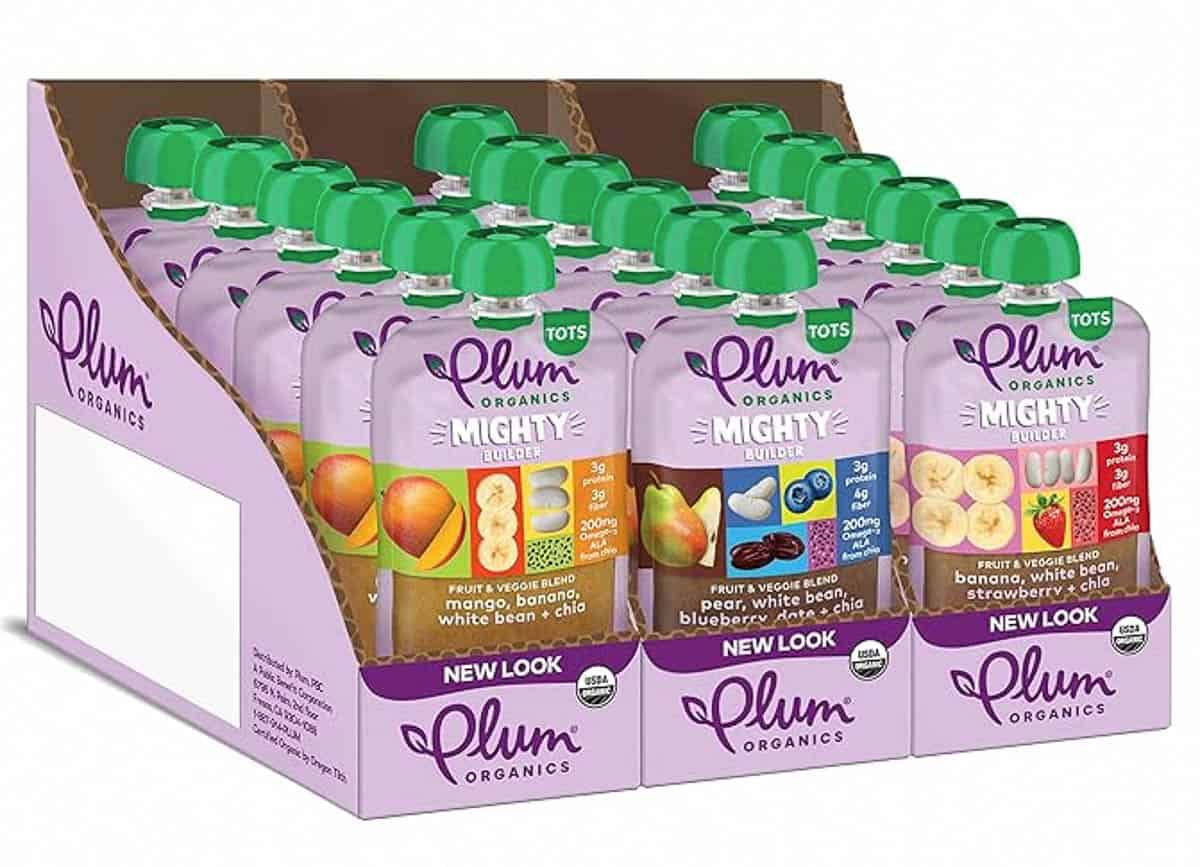
Baby Food Brands To Watch Out For
- Plum Organics: Plum Organics has been found in all Consumer Reports and Clean Label Project inquiries to be one of the biggest offenders when it comes to heavy metals. Also, although the brand labels many of their pouches as being vegetable-forward, they are often high and sugar and made with mainly fruit (source). Therefore, Plum Organics baby food is not a safe nor a healthy option for your baby, making it one that I recommend you avoid.
- Beechnut Naturals: Though this brand has recently eliminated rice products from their line of baby food to lower the number of products with heavy metals in them, some of Beechnut’s baby food containing sweet potatoes still had dangerously high levels of heavy metals when tested in 2023 (source). Since they knowingly have kept this product on the market and also have many blends that are fruit and sugar-heavy, I recommend avoiding this brand if possible.
- Gerber: Some of Gerber’s organic food pouches that do not contain sweet potatoes or carrots may be safe from a heavy metals and pesticides perspective (source), but they do tend to be high in sugars and fruit. If you do decide to purchase them, it may be a good idea to check the ingredients label before doing so. Gerber was also elusive with requests for heavy metal information on their baby food products (source), raising concerns about what they are hiding and therefore making them a company that I am hesitant to recommend.
When Is My Child Ready For Baby Food?
You will know that your baby is ready to start trying baby food when they have adequate neck strength and head control to sit up independently. Once they have reached this milestone and are showing interest in, reaching for, or trying to grab your food, they are ready to start trying solid foods (source).
You will have confirmation that your decision to try solid food was the right one when they swallow the food instead of spitting it back out (source). For most children, they are ready to start trying foods around 6 months. Some may be ready as early as 4 months, but health experts recommend not introducing baby food or any other solids before this point (source).
How To Feed Solid Food Along With Formula Or Breast Milk
Though the popular phrase “food before one is just for fun” calms some parents’ anxieties about the food introduction and weaning process, experts have pushed back on the claim, stating that is a myth (source).
Introducing food when your baby shows interest in it and is developmentally ready for it (see the notes above), supplies your baby with additional nutrition that they need starting at around 6 months as well as supports sensory and social development related to eating food.
Recent research also shows that the more foods they are introduced to at 4 months and beyond, the wider and more balanced their diet may be as they get older (source).
Though your child will get the bulk of their nutrition from formula or breast milk before 1 year, they will naturally start to increase the quantity of the solids foods they are eating as they need more energy. As their volume of food increases, the amount of formula or breast milk they drink naturally decreases (source).
How To Wean Using Solids
A good place to start the weaning process is by offering solids one time per day while keeping their formula or milk schedule consistent. Slowly work in more solid feedings per day, either offering one less bottle or milk feeding for each solid feeding or keeping the same number of formula milk feedings while reducing the volume of milk or formula at those feedings by an ounce or two. If you are breastfeeding, your child may even guide this process, unlatching when they are full.
Baby Led Weaning vs. Spoon Feeding
There are two main ways of introducing solids to your baby’s diet along with formula or breast milk: baby-led weaning and traditional weaning through baby food purees. The baby-led weaning method is when you introduce your baby to whole foods from their first bite. Instead of the baby being spoon-fed or pouch-fed purees, they pick up the food by hand and feed themselves.
The goal in baby weaning is for the baby to self-regulate their eating process and to develop trust in their body and knowledge of what nutrition they need, but it is still important as a parent to make sure that your baby’s nutritional needs are being met with variety and quantity (source).
A traditional weaning method, or the one in which parents spoon-feed purees to their child, is another way to introduce solids to your baby. The benefits of this method are that it is easier for parents to know how much their baby is actually eating, it is more well-known and comfortable for family and friends to help feed your baby and tends to be less messy than baby-led weaning (source).
Potential drawbacks of this method are that the baby does not have as many opportunities to develop fine motor skills and the pincer grasp, does not learn to chew or develop jaw strength, and does not regulate their eating (source). Note: If you choose to spoon feed, you should advance textures when baby shows sign of readiness – which will help them to develop some of these skills (jaw strength, pincer grip etc.)
Combination Feeding Method To Introduce Solids With Breast Milk Or Formula
Some parents choose a combination of weaning methods to ensure their children are getting the best of both worlds: feeding purees at some meals and offering finger foods and baby-led weaning foods at other meals or snacks.
Additionally, parents can change the method in which the baby eats purees, as there are now great self-feeding spoons that many young babies, as young as 4 to 6 months, can effectively use to self-feed. Spoons like this encourage a baby-led approach even when eating purees. Additionally, solids can be self-fed through food pouches – which many older babies can easily self-feed – or can be squeezed out onto the baby-led weaning spoons for self-feeding.
Many experts recommend that the method (or combination of the above) you choose doesn’t matter; it is more important that parents are relaxed so the eating environment is enjoyable for the baby (source). Therefore, choose the method of weaning that is most comfortable and suitable to you as the parent and you can always adjust or introduce elements of the other method as you go.
Related: Baby Led Weaning Foods
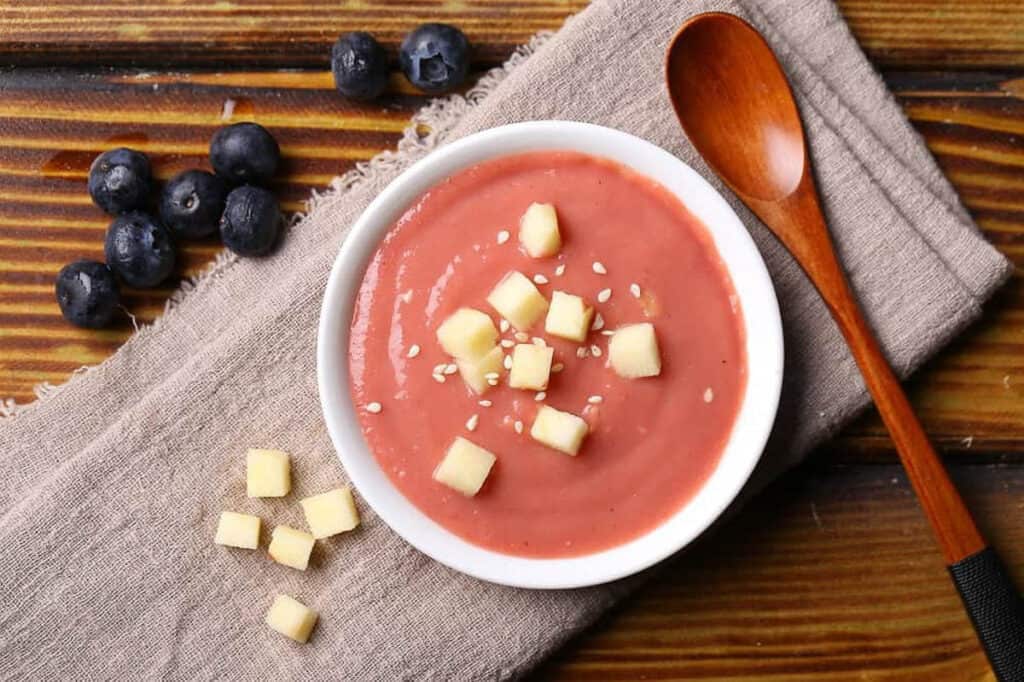
FAQs
The healthiest baby food pouches are those that are low in sugar, have been tested and verified to be low in heavy metals, and are made with organic fruits and vegetables. A few great brands that meet these criteria are Cerebelly, Serenity Kids, Once Upon a Farm, and White Leaf Provisions.
Yes, food pouches are healthy for babies if they are either made with organic ingredients that are certified to be low in heavy metals and are 6-8 grams of sugar or less per pouch. Ingredients that are grown in the soil are often more likely to have higher levels of heavy metals, as the soil is what contaminates the food with the metals. So, if you are purchasing a pouch that isn’t verified to be low in metals by the Clean Label Project, always choose one that doesn’t contain carrots, sweet potatoes, or rice.
At the time of publication of this post, the only food pouches that have been recalled are the WanaBana, Schnucks, and Weis brands of cinnamon applesauce pouches. The FDA has not recently recalled any baby food pouches in recent months. All of the reports and testing of heavy metals in baby food have been conducted through Consumer Reports and Clean Label Project Purity.
You will know that the baby food you are considering does not have heavy metals when it has been certified by Clean Label Project Purity. Some examples of these brands that make the best baby food pouches without heavy metals are Serenity Kids, Cerebelly, Once Upon a Farm, Little Spoon, Square Baby, and White Leaf Provisions.
Final Thoughts
I know the baby food aisle can be overwhelming at times, and that reports about heavy metals in baby food can be very concerning, but I hope this post about the healthiest and safest baby food pouches helps you find the healthiest store-bought options with confidence!
Even though some of the bigger baby food brands have come under scrutiny in recent years, thankfully many high-quality, intentional, and safe brands have come onto the market in response.
The introduction of third-party testing through Clean Label Project Purity also gives parents additional peace of mind when buying food for their babies, knowing that they really are feeding their children healthy and nutritious foods.
If you have recently discovered another brand that has 5 grams of sugar per less, is made with vegetables as the first ingredient, and is Clean Label verified that is not listed in this post, please share it with me in the comments at the bottom of this post.
And if you have a question about a particular pouch or any of the reports mentioned, please don’t hesitate to leave me a comment on this post or contact me here! I respond to every single message I get! 🙂
Looking To Make Your Own Baby Food? Try My Top-Rated Baby Food Recipes!
- Avocado Puree
- Blueberry Baby Food
- Pear Puree Baby Food
- Zucchini Baby Food
- Green Bean Puree
- Pea Puree for Babies
More Baby Nutrition & Product Reviews
Looking for the best products and food for your baby? Read more of my “Best Of” posts below:
- Best Organic Baby Formula
- Best Vegan Baby Formula
- Best Toddler Formula
- The Best Multivitamins for Kids
- Best Baby Cereal Brands
- The Best Probiotics for Kids
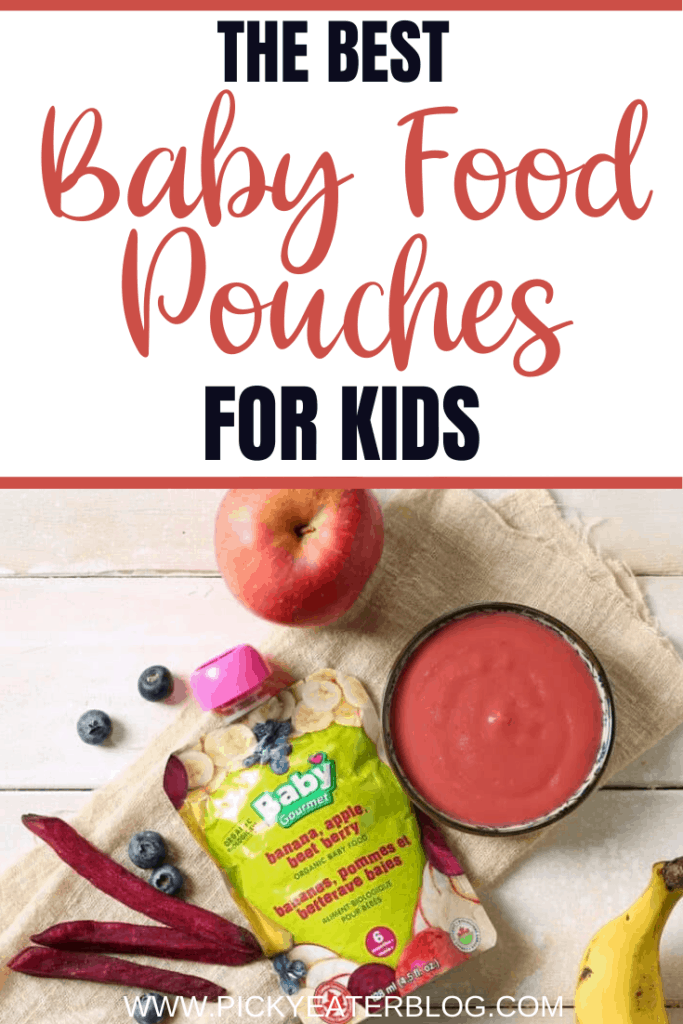



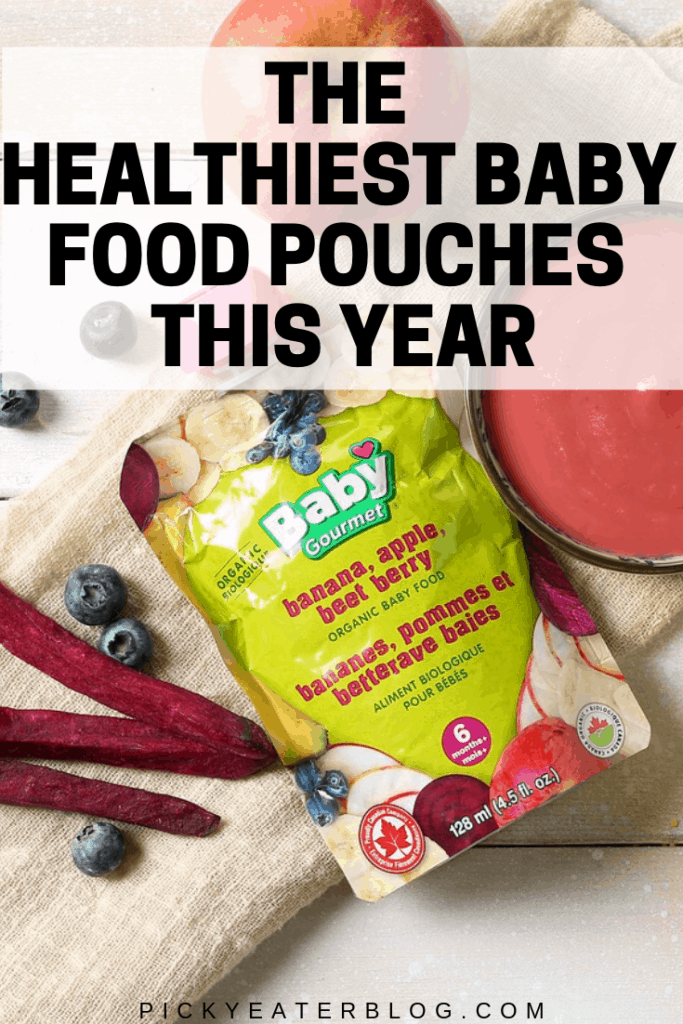
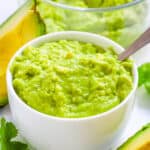
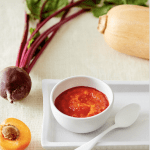
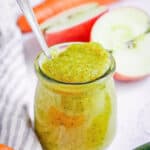
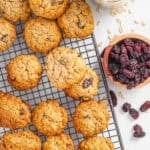
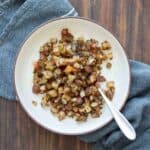
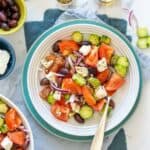
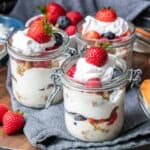
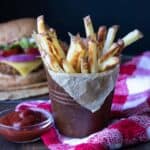
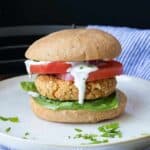
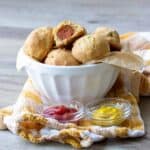

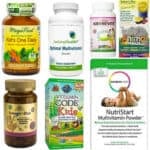
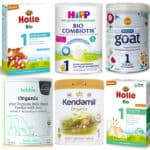
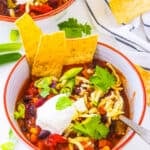
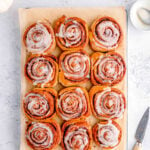
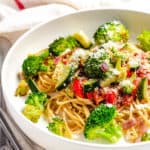
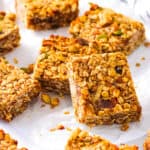

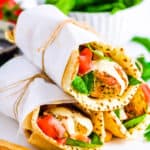
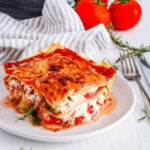
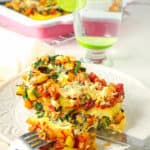
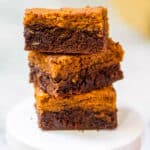
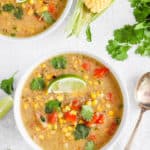
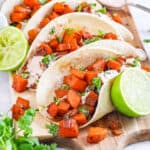
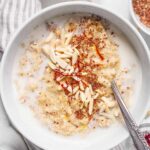
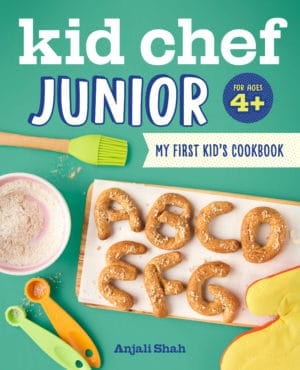


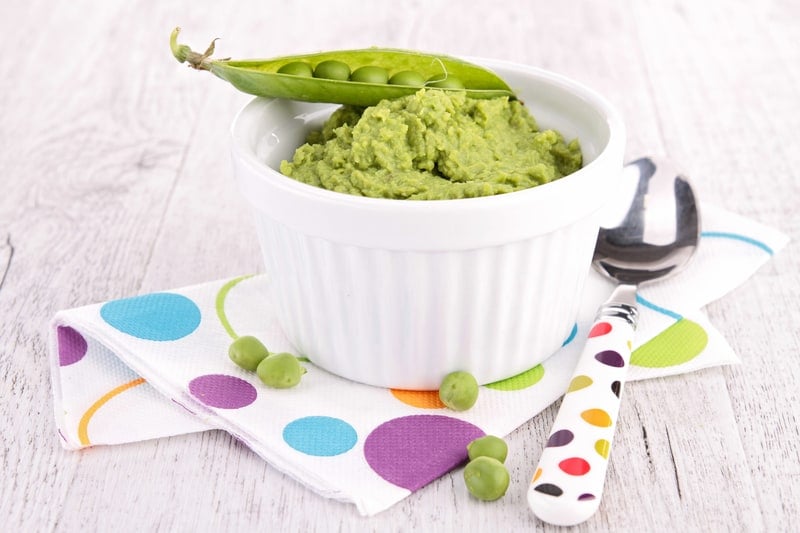
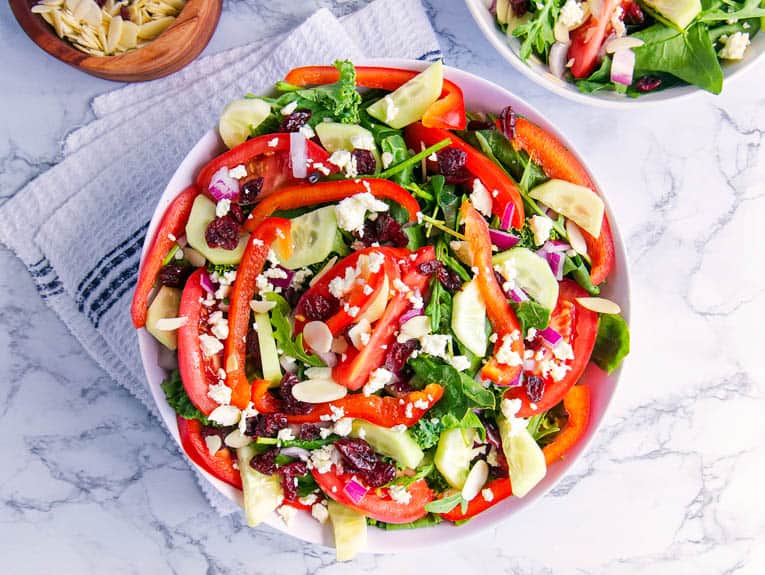


This is such an amazingly clear and informative post. It was invaluable when researching healthy options for pouches I could buy on amazon ahead of a short weekend vacation. Thank you, thank you!
Thank you so much!! I’m so so glad this post was helpful for you! 🙂
Hi! For now, I’ve been making my baby’s food and I plan to continue , but as she grows, I know this will be tougher as she’s more on the go. I’d like to know, out of these pouches, which are the best ? I have not seen the Ella’s or the second one listed in stores, are they typically only available online?
Hi Emily! It’s great that you’re planning ahead! And honestly, all of the pouches on this list are pretty comparable (e.g. they’re all organic, low in sugar, etc). Most of them are only available online because even if a particular brand is available in grocery stores — the pouches most grocery stores carry are usually the sweeter ones that I wouldn’t recommend (e.g. more than 8g sugar per serving). So if you’re choosing between the pouches on this list, I’d go with the flavors your child is most likely to enjoy, and feel free to mix and match brands too — e.g. all of your pouches don’t have to come from just one brand since they are all pretty comparable! Hope that helps!
Hi, thank you for the list of healthy pouches. My husband has been making all of our daughter’s meals since she started solids at 6 months (just turned a year), but with his busy work schedule it is getting more difficult. One thing I noticed was that I give her beachnut oatmeal whole grain in the mornings sometimes…should I not be doing this? Also I have just started giving her stoneyfield organic kids yogurt, but just read it has 9g sugar….are these two bad options I’ve been filling my baby with?
Hi Sheryl! I’m so glad you found this post helpful! To your question — there’s a chance that the pre-made baby oatmeals have a higher amount of heavy metals than regular, organic rolled oats. So instead of using Beechnut’s oatmeal, I’d just recommend grinding up organic rolled oats yourself into a fine powder, and cooking that the way you would regular oatmeal for your daughter. For Stonyfield Organic Kids Yogurt – it depends on which one you’re using. Are you using the plain, whole milk kids yogurt? Or is it flavored (like strawberry, vanilla, blueberry, etc.)? If it’s flavored, I wouldn’t use it because the flavored varieties have a bunch of added sugar. If it’s plain organic whole milk yogurt, that’s totally fine – the sugar you see on the label will be the naturally occurring lactose found in milk and yogurt. So basically, for yogurt, plain and unflavored is the way to go. Hope that helps!
This is such great information! My baby is 4 months are starting foods soon and I’m excited to have more information to buy the best foods! I am curious if the gerber organic pouches are okay? I was checking all the requirements you listed and it seemed like some qualified. Could you give me some insight on those? Thank you:)
Hi Brit! I actually haven’t found any Gerber Organic pouches to be healthy enough — they either fall into one of two categories: 1) Has sweet potatoes or rice cereal or baby oatmeal added — all of which run the risk of heavy metal contamination or 2) Has 10g sugar or more per serving. I’d recommend one of the pouches on my list instead!
Thank you for clarifying:) I double checked and your right. Thanks for the wonderful list!
No problem at all! 🙂
Hi!
I noticed on the juice & Drinks Shopping List 5. Ella’s Kitchen Superr Sweet Potato + mango smoothie Drink
1st ingredient is apple then sweet potato
Sugar content is 9
This product is listed on your top 5 juice and drink list.
I’m confused I read to avoid sweet potato
Why is Apple first ingredient and thought best to avoid apple.
Hi Marie! Can you show me where you saw the Ella’s Kitchen Sweet Potato Mango Smoothie listed in my post? Because I just double checked and it’s not on my list of top baby food pouches. You are right that sweet potato is best to be avoided and if it’s more than 8g sugar you should also avoid it. Apple is totally fine to have in moderation though. Hope that helps!
I wanted to know if the fruits in Happy Baby baby food are mixed together or placed separately in the pouch/package on top of each other. I asked because I opened a pouch and each pureed fruit came out separately not mixed together.
Hi Marilyn! I think they are mixed together, but because there are no thickeners or emulsifiers added, they may separate in the package. I’d just squeeze the package around before you open it to help the purees mix if you notice that they have separated before giving it to your little one!
Are the glass jars of earths best and beech nut a good choice? Or does it have to be a pouch
It doesn’t have to be a pouch! You can certainly do the glass jars if they follow the guidelines I’ve outlined in this post!
Have you looked into Serenity Kids food pouches? None of them contain fruit, just curious what you think of them.
Hi Jackie! I hadn’t heard of them but their pouches look awesome!! I would totally recommend them and I’m adding them to my post now! 🙂
This is very helpful!
I recently took a CPR class and yogurt was mentioned as a choking hazard for babies and toddlers. I saw a message regarding the mention of better types of yogurt and thought I’d share that information with you if you want to check into it.
Hi Kristin! I’m curious how plain, whole milk yogurt is a choking hazard for toddlers and babies who are well into solids? Given how thin it is, I’d be surprised that it would be a choking hazard — so please send me the info you have at pickyeats@gmail.com. Thanks!
Hello-
I was wondering how is moms can see if a product has heavy metals in it? I didn’t even know about this and although i made all my daughters baby foods once she got a little older i would allow pitches and she loves the sweet potato one and I’m worried that she has been ingesting heavy metals for some time! Ugh. What on the label would show this?
Hi Jessica! That’s a great question! Unfortunately, there is no way for parents to know whether a particular pouch has heavy metals in it or not – it’s not indicated anywhere on the label! Isn’t that crazy? Instead, I’d recommend avoiding pouches that have foods likely to have heavy metal contamination — mainly: anything with rice, anything with other baby cereals – e.g. oatmeal/rice cereal/etc. and anything with sweet potatoes. If you do that you should be able to avoid the concerning levels of heavy metals in baby food! Hope that helps!
I read that using store bought baby oatmeal isn’t a good idea. How can you make your own baby oatmeal? And can you recommend a good oatmeal to use?
Hi Emily! I agree, I wouldn’t use store bought baby oatmeal. I would recommend just grinding up these organic rolled oats in a food processor to make an “oat flour” and then cooking it the way you would regular oats (e.g. 1 cup ground rolled oats + 2 cups water cooked in the microwave or on the stove top). Hope that helps, let me know if you have any other questions!
Hi Anjali
Great article. Your content is damn useful and handy. I am a new mom who just started organic single grain oat cereal for my little one. She is just 5 months old. As right now pediatrician recommended to introduce one new food in every 3-4 days so I am trying to stick to homemade food. Due to some unavoidable reasons I am travelling to India next week. Is there anything stage 1 purees you can recommend which I can carry for my trip? I will try to cook but would need a backup
Hi Sunila! Here are some of the Stage 1 pouches I’d recommend:
Beechnut Peas & Spinach
Beechnut Peas, Green Bean and Avocado
Amara – Bean and Sweet Corn
Amara – Peas, Corn, Carrots
Sprout – Green bean, peas, butternut squash
HF – Green Beans, Spinach, and Pears
EB – Carrots & Broccoli
WLP – Carrot, Sweet Potato, Pea
Hope that helps and hope you have a great trip!
Hi, what about the love child brand? Is it also ok?
Hi Myriam! I was only looking at Baby Food Pouches that are available in the US so I actually hadn’t heard of Love Child Organics since they are not available in the US — it looks like they’re only available in Canada! Most of their pouches are way too high in sugar, but there are a few pouches that I’d recommend: Kale, Peas and Pears; veggie casserole with lentils + quinoa, ratatouille with lentils + white beans, vegetarian chili with sweet potato + kale, pumpkin risotto with spinach + chickpeas, thanksgiving dinner, mango chicken stew, hearty bolognese. Any of those would be a good choice!
Hello! Your articles are very helpful. Wondering if you have heard of the company Little Spoon? I’m getting ready to start baby food; took notes on some of the options you’ve recommended here but was considering ordering from them as well. I’d love to start making it as well but definitely need a convenient option to supplement.
Hi Stephanie!! I actually hadn’t heard of Little Spoon before you mentioned it, but I looked them up and they look amazing! I would still watch for the sugar content when ordering their purees, because not all of their purees have 8g sugar or less. But I love that it’s fresh, organic and all of their veggie purees (like the broccoli/spinach one) are JUST veggies! That is fantastic! Hope that helps, let me know if you have any other questions!
Hello There! So all of the pouches on this list have been researched for heavy metal levels? I was so upset when I read that was a problem, but I have not been able to find a “safe” list ANYWHERE so I have been struggling
Hi Kaitlin! Consumer Reports actually had a great list, and so I used their research when developing my list (so any pouches that Consumer Reports called out as having a risk of heavy metals won’t appear on this list!) In general, sweet potatoes were a big culprit, which is why most of the pouches on my list don’t have sweet potatoes. Hope that helps, let me know if you have any other questions!
Thank you so much for this list!! I was wondering if you have you looked into the Parent’s Choice brand (Walmart) organic pouches? The butternut squash and carrots, zucchini & broccoli pouches seem to fit all your criteria. There’s other pouches like the green bean medley that match the criteria except that I don’t see fiber listed, so I assume there is no fiber. What do you think?
Hi Elvina! I didn’t know that Walmart had an organic pouch brand! So yes! The Butternut squash, root veggies + apples, carrot/zucchini/broccoli, and green beans all would fit the criteria of my list! To your question – the green beans looks like it has 2g fiber – so that actually looks fine to me! Hope that helps, let me know if you have any other questions!
Hey Anjali! Thanks so much for this post – even though I try to use your book as much as possible to make homemade food, I often don’t have time to cook and get so frustrated that most commercial baby foods are so fruit and sugar heavy! So being able to know beforehand which items are lower in sugar is a big help :). However, I noticed that Earth’s Best Organics wasn’t on the list, although I’ve found that their veggie and protein line of foods is pretty low in sugar. So I was just wondering if there was a reason they didn’t make this list. Thanks!
Hi Malavika! Great question!! Actually – Earth’s Best has some great options and I’ve updated my post to include them! The reason they weren’t included before was just because most of their healthy options are jars (they only have 2 healthy pouches) and I was looking at pouches only — but now my list is updated to include the jars from Earth’s Best as well! Hope that helps, let me know if you have any other questions!
Hi Anjali,
So when babies start taking solids, they go through a bit of constipation. Pediatricians suggest to take any fruit purées that start with the letter P, like for eg. pear, prunes etc. On the run or while traveling if I have to purchase from the store any of these which brand or brands would you suggest?
Hi Krithika! I love this pack of Baby Prunes from Plum Organics. It doesn’t have any other fruits added and it is SUPER effective at alleviating constipation – I used it for both of my kids and even used it for my daughter when she was 3 and had a bit of constipation while potty training! That’s the one I’d recommend – you can just buy it in advance and keep it on hand in case you ever need to use it. If you need to mix it with pears (since some babies don’t like the taste of just prunes) – I like this pouch from Mama Bear Organics. I haven’t personally used that brand but I know a lot of moms like it and the ingredients are good! Hope that helps!
Thanks Anjali! I’ll definitely try them for my baby 🙂
Awesome!! So glad it was helpful!
Thank you for all your helpful baby posts Anjali! Your site has been a great resource for me as a first-time mom. I’ve especially enjoyed your posts about essential baby gear and helping baby sleep.
Hi Amry! Oh yay! I’m so happy to hear that this post and the others have been helpful to you! I know how overwhelming it can be when you’re a first-time mom (I was certainly overwhelmed when my daughter was born!) So anything I can do to alleviate some of that is what I try to do! 🙂 Thanks for letting me know!
Thank you Anjali for this super informative post. I’m a new mom n have just started my baby on solids and I always wondered which among the organic products would be the best. I’ve been trying my best to prep everything at home, but like you said, there are times when traveling we need an alternative.
Anjali, What is your opinion on multi grain cereals for babies?
Hi Soumya! Thanks so much!! I was in the same boat as you – I made most food at home but sometimes you really just need an on-the-go option (travel is a great example!) So I’m so glad this post was helpful for you! As for baby cereals, I really like Holle Oatmeal the best because it’s all natural and has no additives or fillers. You can also just take rolled oats, grind them up in a food processor and cook them the way you would cook regular oatmeal! Let me know if you have any other questions!
Thank you Anjali for the response. I had bought Earth’s Best Oats n using it now. I also saw the multi grain cereal in the aisle. If oats alone along with other fruits n veggies works, then I guess I will go that way.
Also, by when can I start on a combination of 3+ fruits n veggies?
Your blog has been an eye opener for me personally in a lot of areas. Thank you so much n hats off for the efforts n time you put in to write specially with young kids.
Hi Soumya! Earth’s Best Organic in general is a decent brand but their baby oatmeal ended up testing high for heavy metals (based on a consumer reports study) so if you can switch to something else I would! And you can do combinations of 3+ veggies as soon as your little one has had exposure to them – so that way you know your baby isn’t allergic to any of the veggies or fruits in the combination! Hope that helps and happy to answer any other questions you might have!
Thank you very much Anjali. Really appreciate it.
Anytime!